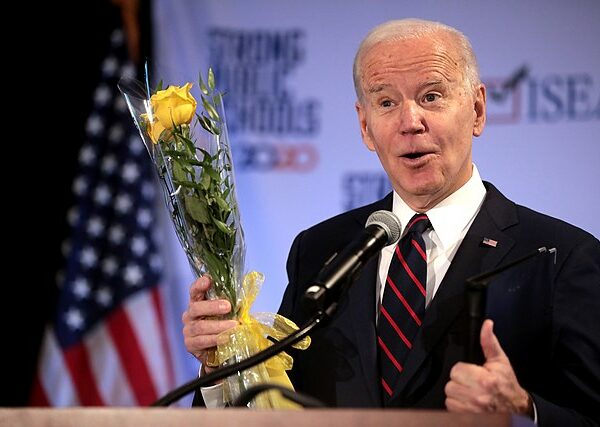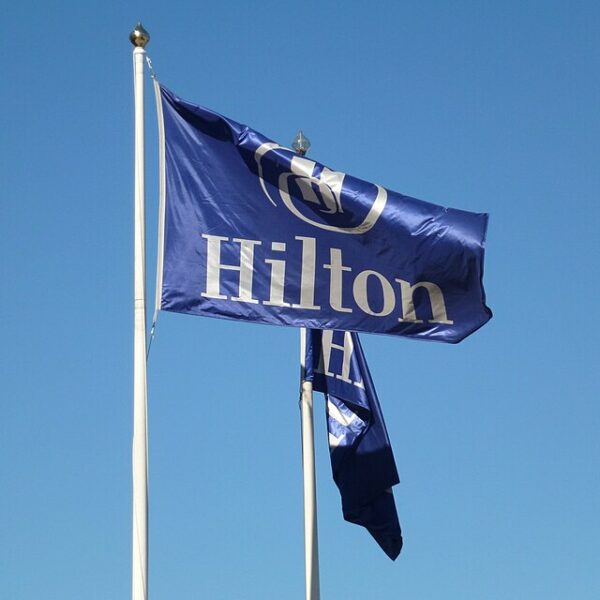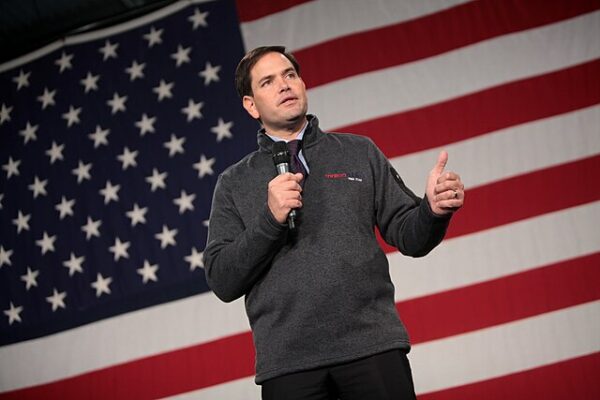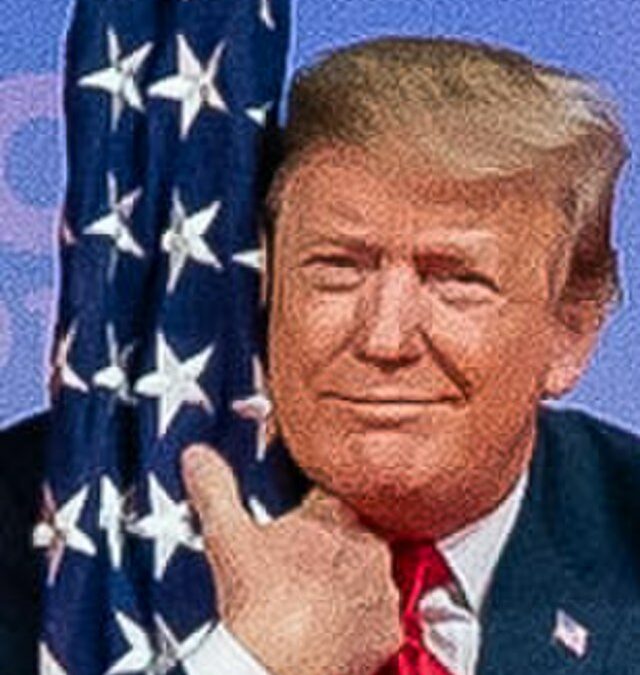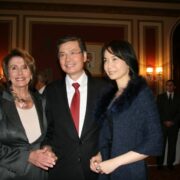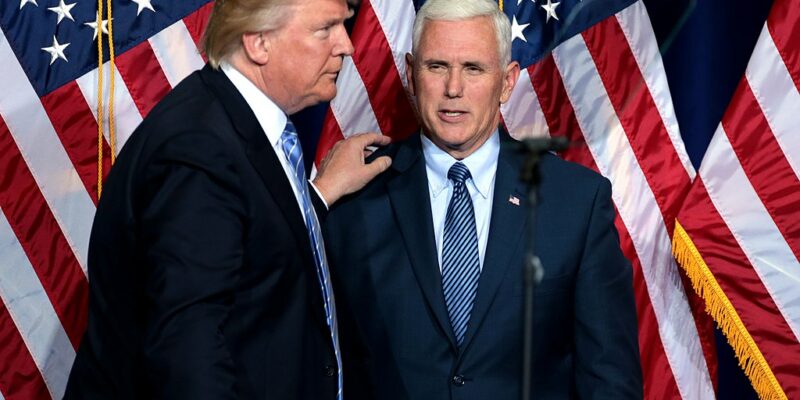
Former Vice President Mike Pence has sharply criticized President Donald Trump for remarks delivered during his recent visit to Saudi Arabia, accusing him of undermining the legacy of the war on terror and dishonoring the memory of American veterans by dismissing two decades of U.S. foreign engagement as “nation-building” and “interventionism.”
In an interview aired Sunday on NBC’s Meet the Press, Pence took aim at what he described as a deeply inappropriate choice of venue for such commentary. “To speak that way—on Saudi soil, of all places—about a war in which thousands of Americans gave their lives, many in response to the attacks of 9/11, is a disservice to every soldier who answered the call,” Pence said. “It wasn’t interventionism. It was sacrifice. It was service.”
🚨The insufferable Mike Pence continues his Trump-bashing tour —
— lashes out at Trump for saying America is out of the nation-building business while in Saudi Arabia:
“A disservice to generations of Americans who wore the uniform.” pic.twitter.com/ygCFPdU5OU
— Western Lensman (@WesternLensman) May 18, 2025
Politico noted that during a speech in Saudi Arabia — part of the president’s first trip of his second administration to the Middle East — Trump criticized Western intervention from “so-called nation-builders, neo-cons, or liberal non-profits” in the region.
“I’ve never been a fan of American presidents criticizing America on foreign soil,” Pence said, speaking about Trump’s speech during an appearance on NBC’s “Meet the Press” that was taped last week and released Sunday.
“And to have the president in Saudi Arabia questioning America’s global war on terror, and describing it as nation-building and interventionist, I thought was a disservice to generations of Americans who wore the uniform and who took the fight to our enemy, you know, in Afghanistan and in Iraq.”
“And particularly giving that speech in Saudi Arabia, where 15 of the 19 9/11 hijackers hailed from, not including Osama bin Laden, I thought was unfortunate,” he continued.
Trump has had some of the most successful foreign policy in decades.
The president’s Middle East trip, which included high-level economic negotiations with leaders in Riyadh, Doha, and Abu Dhabi, has already stirred controversy for its conspicuous omission of Israel, wrote NBC News. But it was his surprise meeting with Syria’s newly installed president, Ahmed al-Sharaa, and his announcement lifting long-standing U.S. sanctions on Damascus, that drew particular ire—not just from Israeli officials, but from hawkish elements within his own party.
Pence, who has long championed a muscular U.S. presence abroad, framed Trump’s rhetoric as not merely shortsighted but corrosive to America’s credibility. “Presidents have a duty to defend this country’s actions, especially overseas. You don’t go abroad to tear down what Americans fought to build,” he said, alluding to Trump’s suggestion that America’s post-9/11 foreign policy was little more than an expensive mistake.
The clash reveals deeper fissures the president and his former vice president over the future of American engagement in the Middle East. Trump’s approach—transactional, optics-driven, and dismissive of traditional alliances—has won praise from some quarters for avoiding new military entanglements, but it has alarmed others who see in it a retreat from moral clarity and strategic resolve.
Pence’s remarks come at a time when national debates over the war on terror’s legacy have reemerged with fresh urgency. Veterans groups, foreign policy scholars, and political leaders are once again confronting questions about what was gained, what was lost, and what America stands for on the world stage. And in Pence’s view, Trump’s comments in Riyadh have reignited that conversation not with humility or reflection—but with derision.
Trump’s new vision for the GOP, and America, was summed up neatly by one writer: “Mind your business, we’ll mind ours.” He doesn’t like the idea of having permanent enemies.
Nolan Finley explained in The Detroit News, “Since World War II, the United States’ foreign policy has been driven by an assumed responsibility to spread democracy and freedom throughout the world and to stand against oppressors and tyrants everywhere.
That mission has mired us in unwinnable conflicts from Vietnam to Afghanistan to Iraq, extracting a huge cost in American resources and lives without changing much for the people in the places we sought to liberate.
No more nation building, Trump declared in his speech in Saudi Arabia, with the entire Arab world listening. No more ‘giving you lectures on how to live and how to govern your own affairs.’
The new Trump Doctrine vows America will not concern itself with the internal workings of other nations, nor decide what’s best for their people, as long as they don’t threaten the U.S. or its interests.”
[Read More: AOC’s District Tiring Of Her Antics]



